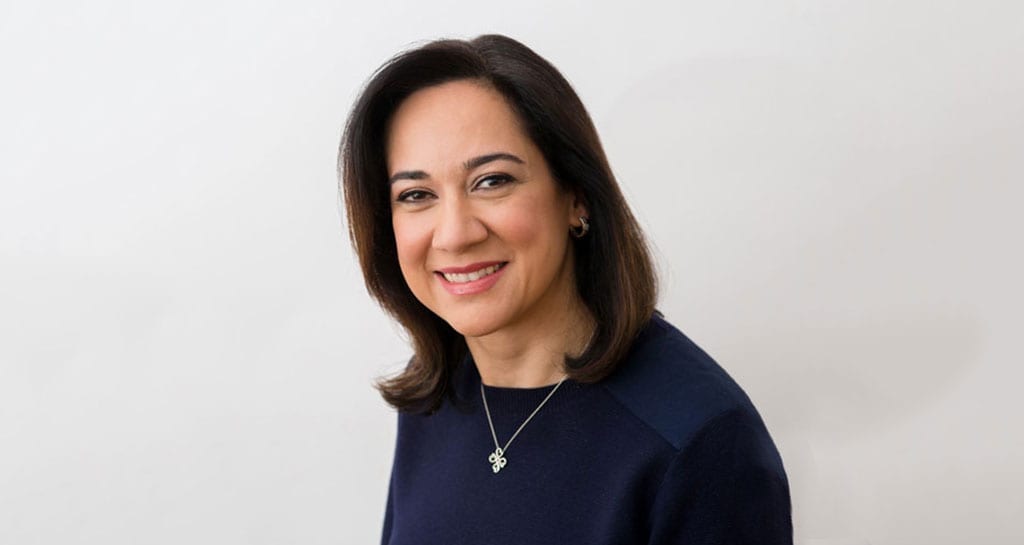Having technology in our new schools has been an adventure. It’s exciting to watch the kids have access to technology and integrate it into their education. Even more interesting is how the technology has not taken over instruction but is a compliment to the teacher’s toolkit. And so it goes in middle school with the latest announcement “all students will use Google apps for education and will have an email account. They can upload their homework etc etc etc”
Very exciting, I guess. So naturally I asked my middle school son what he thought of the use of Google apps in school. His response “I hate it.” Yep, he hates it. I asked him why and the answer had nothing to do with functionality, purpose, ease of use, or anything else. He hates it because he said “teachers and the principal can see everything we do. We have no privacy. We can’t send an email to a friend in school because we know teachers can read our stuff.” His statement made me stop and think, and not because he is frustrated that a teacher will read something intended for a friend but I was taken aback when he expressed the feeling of being observed all the time. And so goes their privacy. We talk about listening to students and acknowledging their voices when it comes to privacy discussions but the sentiment “on the ground” so to speak, is very different. And it could be that teachers are conveying the message in a manner that make kids feel under observation the whole time. I am not saying that there shouldn’t be a degree of monitoring school accounts and that teachers should make their students aware of this, but there is a big difference between knowing your emails are being scanned for appropriateness and feeling under surveillance.
However, I do feel that we can take advantage of this situation and use it as a teaching moment for our students. The same constraints they feel in school are actually the same constraints we all operate under at work with our employer’s email. And I think that to make this a true teachable moment, we need to acknowledge that students can understand more than we give them credit for. At work, most of us sign an understanding that our work email is the property of the employer, can be monitored and should not be used for personal correspondence. For students, their school email is their “work” email and maybe we should convey that clearly to them. There is a difference between their online “school environment” and their online “personal environment”. Personal messages to friends should not be sent through school email but notes to a friend on a class project are fine. This takes me back to when email first started to be used at work (and yes, I am dating myself here but bear with me) and the CEO of the company I worked with at the time sent out a memo on the company’s email and internet use policy. He wrote “never write anything on an email that you would not be comfortable printed on the front page of a national newspaper”, and that message has stayed with me through the years. Maybe we need to explain this to students so they understand the difference between monitoring and surveillance and we should be cognizant of the message we are conveying and how it is perceived by students.
There is so much reading material on student privacy and debates on what should and shouldn’t be collected for educational purposes when it comes to student data but I didn’t find many materials on adequate teacher and school staff training, particularly helping adults convey the message to students. So I turned to a few blogs I frequently read and found this one by tech teacher extraordinaire Rafranz Davis and she, of course, had written something that related to my kid’s statement “When we decided to move forward with creating our student Google Apps accounts, I started to hear all about monitoring of teacher and student accounts.”
Rafranz explains why we need to provide teachers with the tools to implement tech effectively in the classroom and not only to use tech for tech’s sake but with purpose. Tech in the classroom cannot be effective if we only use it to “test prep” or because the kids are entertained. It needs purpose. And there has to be monitoring of students because they are being used in the school system but we have to convey the correct message to students or they will literally shut the system out. There is a big difference between monitoring student accounts for appropriateness and conveying a feeling of surveillance to kids. So much so that they decide to not use their Google accounts in school and would rather text each other. So a tool that could be very effective in communicating and helping students in their day to day classes is not being used because we, adults, have not communicated correctly with students.
Rafranz Davis’s post details some of the challenges in implementing tech in schools. More importantly, it highlights the need for adequate teacher and student education on the appropriate use of tech and how to respect student privacy while monitoring school accounts without the school becoming a surveillance state.
If you want to read the entire post you can do so here at Confessions of a Digital Leader
And let’s not forget to listen to the kids!


